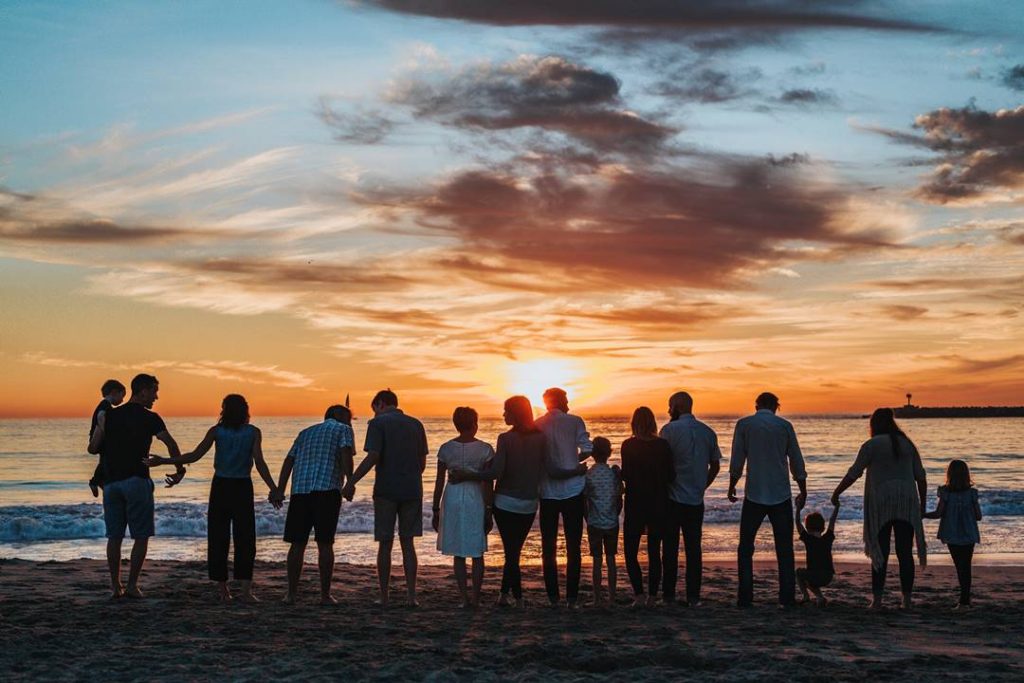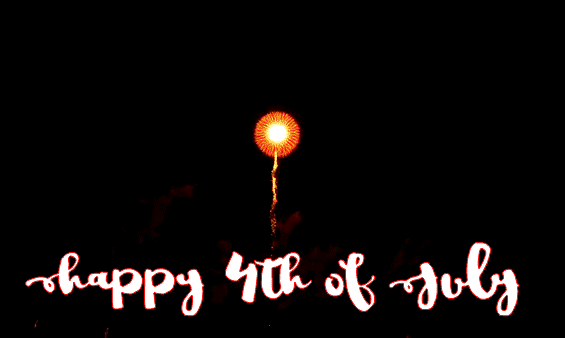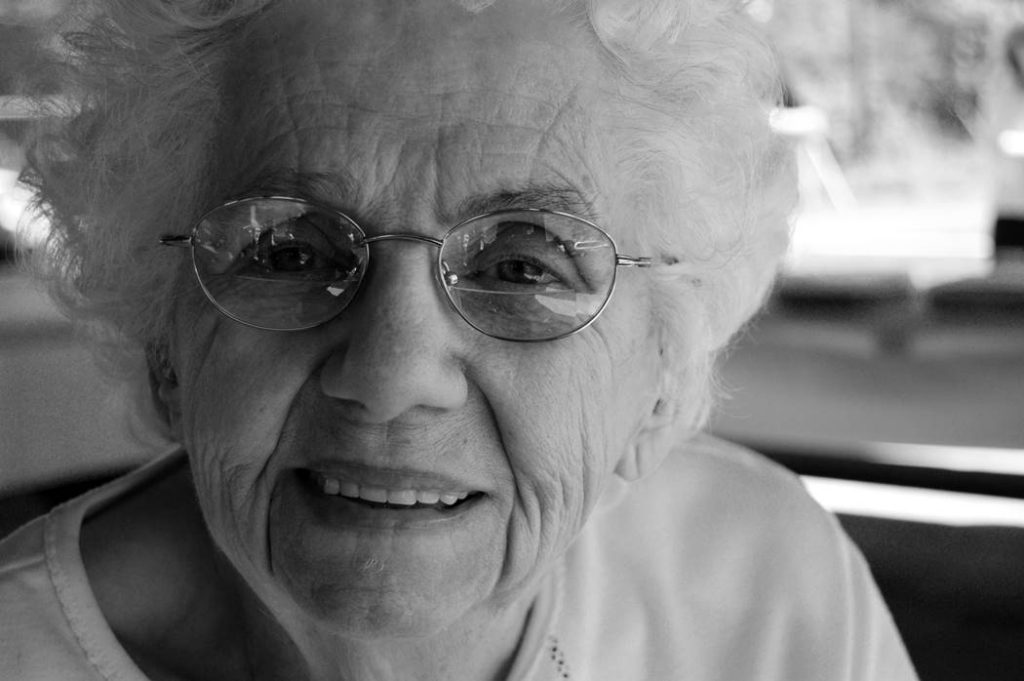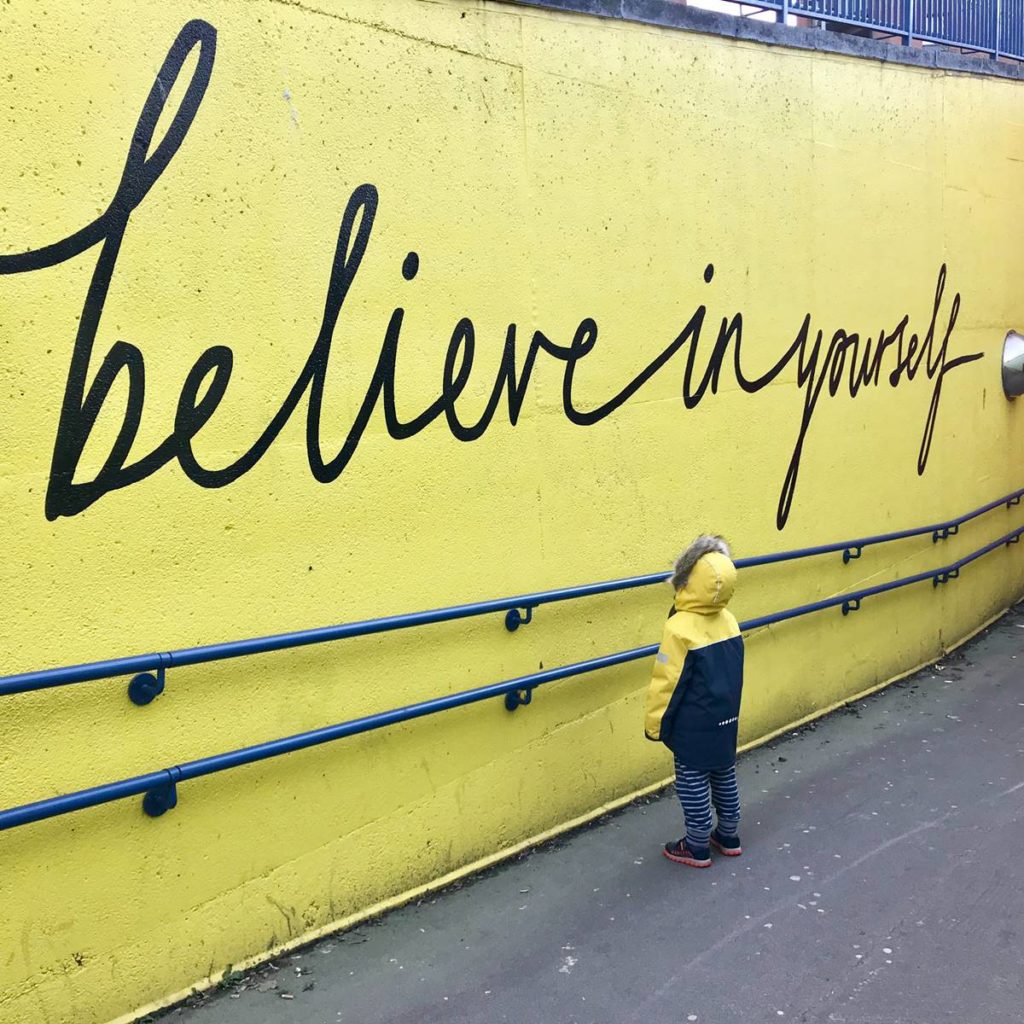Archive for the ‘Finding Your Center’ Category
Limitations
‘…limiting laws, rules or circumstances, boundaries, caps, confines and controls.’
All life forms and processes have limitations. There are the fundamental limitations of natural physics; the law of gravity, for example. And there are the imagined limitations of the psyche; like fear of success or fear of failure.
There are outstanding and inspirational examples of people who have challenged their limitations: Helen Keller, Stephen Hawking and Temple Grandin are some that come immediately to mind. Their stories are well known to most of us.
Then there are everyday people like Rob Mendez, a successful high school football coach who received the Jimmy V award at the ESPY’s last week. Born without arms or legs he said as part of his acceptance speech…”I am here and if there’s any message I want to give you guys tonight, it is look at me…when you dedicate yourself to something…and focus on what you can do instead of what you can’t do, you can really go places in this world.”
All the people mentioned above still had limitations that required, indeed, demanded that they live within their physical boundaries. What they all have in common is a strong belief that they could live a full, satisfying, rich and abundant life in spite of those limitations.
“We all have things that limit us and that challenge us. But really, our real limitations are the ones we believe.” ~Amy Purdy
We all have our personal limitations and challenges. This week I invite you to inventory your limitations, separating out those that are fundamentally implacable from those that are intellectual and/or emotional fabrications.
“The human body has limitations. The human spirit is boundless.” ~Dean Karmazes
Blessings!
Swamped
Swamped is where I am at the moment, flooded by demands on several fronts. My ship is not sinking and I am attending to making sure it does not. Just finished having my house painted. Busy putting things back in order; and preparing for a big family gathering as well as pondering the imponderability of daily living.
As I prioritize my time and activities, today’s blog post becomes what you are reading. We all have these moments. It is so important to manage our energetic output so that we stay healthy.
Blessings!
Shame
Shame is self-bullying behavior. Shame can be toxic, and deadly.
“Shame is the most powerful, master emotion. It’s the fear that we’re not good enough.” ~Brene Brown
Shame is, “unpleasant self-conscious emotion typically associated with a negative evaluation of the self, withdrawal motivations, and feelings of distress, exposure, mistrust, powerlessness, and worthlessness….” (Wikipedia) I would add ‘inadequacy’ to the above definition.
Shame avoidance is common; we try to hide and conceal our shame, or escape it by shaming another person to relocate shame outside of our self.
For example, many people who are overweight in our svelte worshiping culture, often try to hide their shame with clothing, or by withdrawing from the social milieu. Conversely, they may engage in shaming thin people, projecting their shame outside of themselves.
The shame experience can trigger anger, activate abandonment fears and create unrealistic comparisons. Transferred toxic shame can make the recipient physically and emotionally ill.
It is important to distinguish shame from guilt, embarrassment and humiliation. Guilt is reacting to having done something bad, shame is the belief that we are bad. Embarrassment is feeling self-conscious, uneasy and awkward when committing a social faux pas or engaging in scandalous behavior that becomes public knowledge. Humiliation is disgrace, condescension, dishonor and shame.
Acknowledging our shame, working to understand our ‘inner life’ gifts us with an invaluable opportunity for achieving personal growth and psycho-spiritual maturation.
Working with shame requires us to recognize that we are not what we do. When our self-worth is attached to our roles as parents, daughters, sons, siblings, husbands or wives, artists, entrepreneurs, employees, scholars, etc., we will experience soul-devastation when things don’t go well.
“The underbelly of the human psyche, what is often referred to as our dark side, is the origin of every act of self-sabotage. Birthed out of shame, fear, and denial, it misdirects our good intentions and drives us to unthinkable acts of self-destruction and not-so-unbelievable acts of self-sabotage.” ~Debbie Ford
It is paramount when working with shame to be loving and compassionate to ourselves. Insecurities will arise, often when we are most vulnerable. Strive to identify the feelings behind them. Seek their origins and test them for their validity.
Move away from shame and toward embracing your authentic self, not the ‘who’ you think you are.
Blessings!
Treasure
There are many kinds of treasure, tangible and intangible. Wealth and riches, especially in the form of money, precious gems and precious metals, things that we value, are tangible forms of treasures.
Treasured relationships, spiritual strength, cultural heritage, a person who is greatly loved, respected or valued for their altruism and inspiration, these are examples of intangible treasures.
An article in The Press Democrat (Sunday June 9,2019) brought to my attention a treasure I didn’t know existed…The Windsor Historical Society’s museum. The story of the Hembree House where artifacts, and relics of this area’s rich history are on display, was so interesting. A photo of hand-carved wooden tools, created by the late George Greeott amazes and entices me to the museum to view his wood sculptures, described as excellent abstractions…”that possess a flowing, sinuous beauty.”
And the story of Fred Wiseman. He built his own biplane in a tent, practiced takeoffs and landings on the Laughlin Ranch, before flying the first air-mail letter ever, from Petaluma to Santa Rosa in 1911. His was also the first plane ever built in California.
Like our National, city and community parks, this historical museum and many others like them are true treasures.
This week I invite you to plan an outing to a local museum to relish the amazing treasures they preserve for our edification and enjoyment.
Refuge
Refuge is shelter and/or protection from danger, trouble and persecution.
There are many forms of refuge: wild-life, homeless, psycho-spiritual, behavioral, safety, retirement, educational, arts and creativity, monastic or social, altruism and tyranny, family and friends, career and vocation.
The two main forms of refuge are ‘outer’ and ‘inner’. They are not mutually exclusive, as both can be exercised simultaneously. In all of these processes, the goal is comfort and security.
As referenced above, refuge can be positive or negative. Seeking refuge in chronic helplessness, anger or self-righteousness is seeking security regardless of the dysfunctional quality, however, it can lead to alchemical transformation. Seeking refuge in nature, creativity and the pursuit of personal growth is security seeking behavior, and, it also, can be energetically positive or negatively transforming.
Refuge does not inure us from experiencing the problems and suffering coming from our ‘little’ world or from the ‘global’ world. It does provide ‘time out’; it gives us respite.
This refuge provides the opportunity to connect to the spirit of our true selves; and to the Great Spirit…inner and outer refuge…ultimate security. It is in this niche that we find the solid footing that enables us to stand against the fiercest winds of adversity and not be shaken loose.
I invite you this week to explore your personal refuges.
Blessings!
Mistake
“The greater mistake a man can make is to be afraid of making one.” This quote out of a fortune cookie inspired this week’s blog.
The definition of mistake is variously, error, omission, flaw, blunder, slip-up, oversight, miscalculation, misunderstanding, misreading, boo boo, goof, misconception, etc. These can be divided into two categories.
One acknowledges that mistakes are a normal part of human behavior and essential to the growth of the authentic self; the other reflects shame, incompetence, fear and inadequacy.
Oversight, misunderstanding, error or miscalculation are opportunities for growth. As infants we make many ‘mistakes’ learning to turn over, crawl, sit-up, walk and run. It is a trial and error process that leads to accomplishment and success. Yet, as adults, this abundance of experience is overcome by fear of appearing foolish, unprepared, inadequate, or ignorant.
Blunders, faux pas, slips, boo boos, goofs, imply incompetence and stupidity. Mistakes that create embarrassment and shame. This category reflects a societal and familial belief that mistakes are bad, creating anxiety and avoidance; the more important the decision, the greater the anxiety. Hence, we often try to avoid making decisions. There is an important distinction here. For example, a person who drives under the influence with or without tragic consequences, has not made a ‘mistake’, they have used very poor judgement.
So many platitudes about learning from our mistakes state that this learning should be quick and easy. You don’t make the same mistake twice implying that if you do there is something wrong with you. In reality we make the same mistake repeatedly, often aware that we are doing it, but not knowing why.
The path to self-actualization includes re-framing our belief and experience with mistakes. We are going to make thousands of them in a lifetime, unmemorable and significant.
Mistakes can become magnifying glasses for personal transformation, or remain symbols of personal inadequacy and failure. We have the power to choose.
Blessings!
Adjustment
There are many kinds of adjustments, both personal and collective; financial, aging, health, marriage, children, volume, chiropractic, position, social, cultural, location, dietary…the list goes on and on.
Adjustment is defined as making a small change or alteration to achieve a desired result; to make something fit or be more suitable…to have things work more smoothly. It is the process of getting used to, adapting, to a new situation.
To make an adjustment is to compromise, improve or modify a circumstance or situation to reduce cognitive dissonance, lessen stress and enable a greater sense of inner peace. To adjust is to cope with change as positively as possible.
“Getting older and adjusting to all the things that biologically happen to you is not easy to do and is a constant struggle and adjustment.” ~France McDormand
Yes, adjustment is a struggle…a little struggle like adjusting pillows for maximum comfort, or the great struggle of dealing with great personal loss.
“Life is the continuous adjustment of internal relations to external relations.” ~Herbert Spencer
As you move into your week, I invite your awareness to focus on your personal adjustment process, paying special attention to your successes and noting the presence of your authentic self and the power of your faith.
Blessings!
Privilege
Each week I go on a hunt for a word for this blog. After several years, it has become more challenging and more interesting.
This week’s word, privilege, opened up a broad vista of variation and intensity. Privilege is an advantage, a special right or an immunity bestowed upon certain people, groups of people or corporations. It is also something seen as a rare opportunity which brings a particular pleasure.
Examples of different kinds of privilege are: racial, social status, wealth, gender, attractiveness, thinness, age, intellectual, sexual, physical ability, religious and political.
The NCCJ (National Conference for Community and Justice, nccj.org), defines privilege as, “Unearned access to resources (social power) that are only readily available to some people because of their social group membership; an advantage, or immunity granted to or enjoyed by one societal group above and beyond the common advantage of all other groups. Privilege is often invisible to those who have it.”
“Human rights are not a privilege granted by the few, they are a liberty entitled to all, and human rights, by definition, include the rights of all humans, those in the dawn of life, the dusk of life, or the shadows of life.” ~Kay Granger
As I plunged deeper into various aspects of privilege, I discovered The Happy Philosopher and his astute blog, The Messy Truth About Privilege, Nov.21, 2017. It is a compelling read. To fully appreciate his quote, “Remember, there is almost nothing that is black and white in this world, only beautiful colors and endless shades of gray. Savor the nuance.”, one must read his blog.
I found these two quotes which stood out because of their likeness to one another.
“The privilege of a lifetime is being who you are.” ~Joseph Campbell
“I truly believe that the privilege of a lifetime is being who you are.” ~Viola Davis
Both Campbell and Davis were and are very accomplished and respected in their chosen careers.
I love the spontaneous repetition and resonant energy of these quotes. Like beacons on the journey to the authentic self, they remind me of the gracious privilege that is my path, ‘a rare opportunity which brings a particular pleasure.’
Blessings!
Brief
…describes today’s blog-post. As I prioritize through the overwhelm I wrote about last week, this week’s posting is brief. Sifting through a group of quotes, the following spoke to me; resonating at deeper levels of growth.
This week I invite you to meditate upon it, digest it…perhaps discovering a resonance within.
“It’s virtue to be growing through your life rather than going through your life. The object is not to change other people or situations; it is to do the inner work they stimulate.” ~Wally Amos
Blessings!









